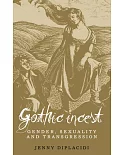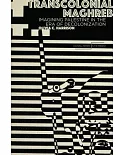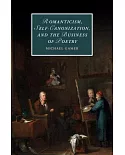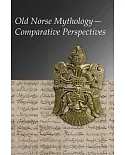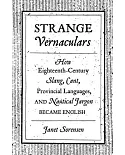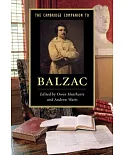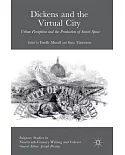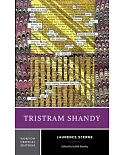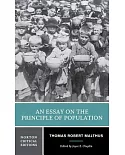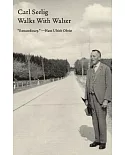Walter Benjamin (1892-1940) has emerged as one of leading cultural critics of the twentieth century. His work encompasses aesthetics, metaphysical language and narrative theories, German
literary history, philosophies of history, the intersection of Marxism and Messianic thought, urban topography, and the development of photography and film. Benjamin defined the task of the
critic as one that blasts endangered moments of the past out of the continuum of history so that they attain new significance. This volume of new essays employs this principle of actualization
as its methodological program in offering a new advanced introduction to Benjamin's own work. The essays analyze Benjamin's central texts, themes, terminologies, and genres in their original
contexts while simultaneously situating them in new parameters, such as contemporary media, memory culture, constructions of gender, postcoloniality, and theories of urban topographies. The
Companion brings together a group of established and emerging scholars from the U.S. and Europe to explicate Benjamin's actuality from an international and multidisciplinary perspective.
Designed for audiences interested in literary criticism, cultural studies, and neighboring disciplines, the volume serves as a stimulus for new debates about Benjamin's intellectual legacy
today. Contributors: Justus Fetscher, Dominik Finkelde, Wolfgang Bock, Bernd Witte, Lutz Koepnick, Eric Jarosinski, Karl Ivan Solibakke, Marc de Wilde, Vivian Liska, Willi Bolle, Diane
Chisholm, Adrian Daub. Rolf J. Goebel is Professor of German at the University of Alabama in Huntsville.



